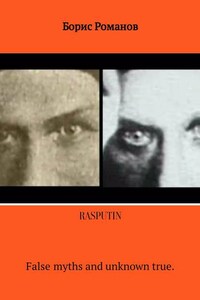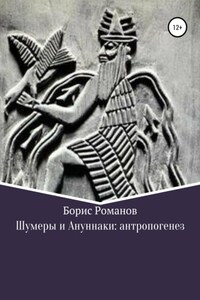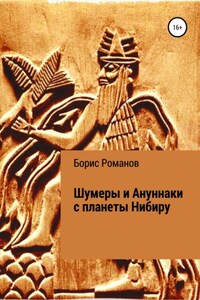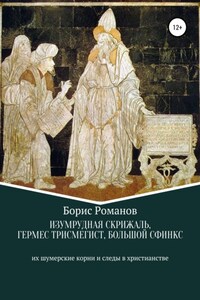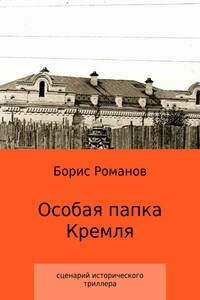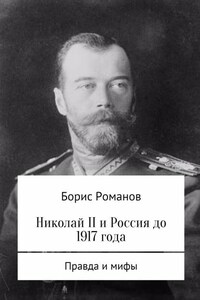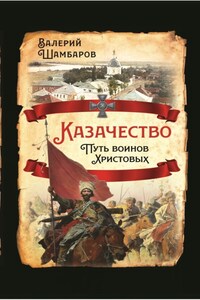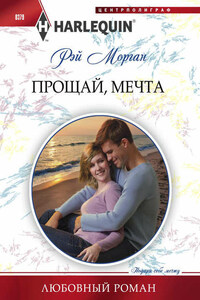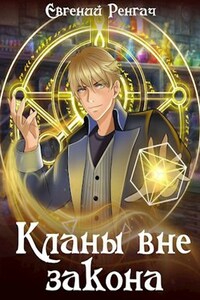Rasputin
Автор книги - Борис Романов. Произведение относится к жанрам исторические приключения, биографии и мемуары. Оно опубликовано в 2017 году. Книге не присвоен международный стандартный книжный номер.
False myths and unknown true. Biography Rasputin described in detail in hundreds of books and articles. The author of this brochure was not intended to write another detailed biography. Several little-known and most controversial topics accentuated here.
